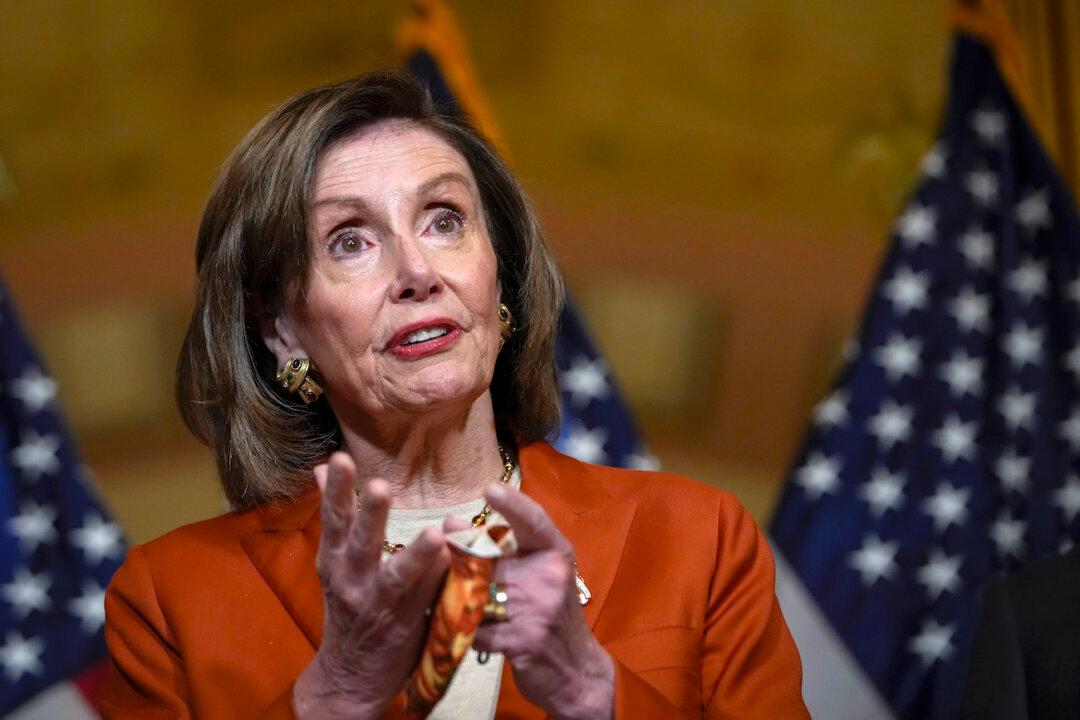At a weekly press conference, Speaker of the House Nancy Pelosi (D-Calif.) defended stock market investment by members of Congress after an investigation by Insider alleged that 49 members of Congress have violated laws against insider trading.
U.S. law forbids people with insider information, including members of Congress, from buying stocks on the basis of that information, and those who break these laws can be subject to criminal prosecution.





